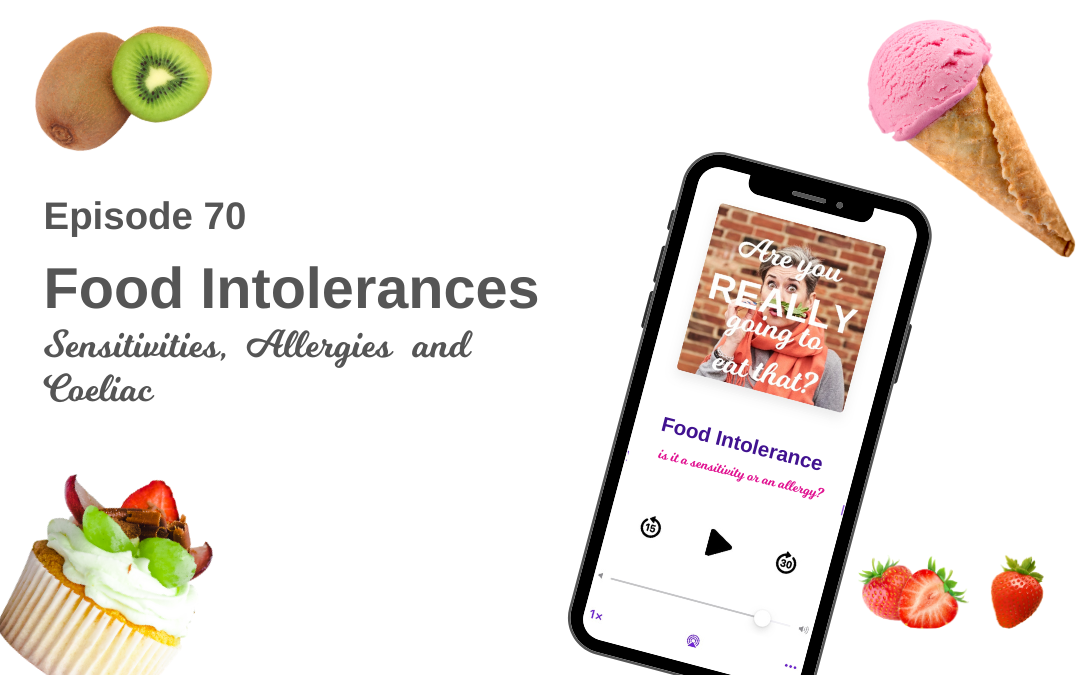In this week’s episode I talk to you about food intolerances and allergies. These can be damaging to your gut, and how you can tell if you have an intolerance or allergy.
What is an intolerance test?
This test is called an IGg Reaction which tests your sensitivity to a food type that causes a reaction in your body. You give a blood test to a lab who then test it against a large amount of foods. The results then come back to then say which foods you have a sensitivity to at that time.
What is an intolerance?
It is a reaction to a food type or a specific food. It is a sensitivity at that moment in time (it may or may not be permanent) and symptoms show up to 72 hours after eating the food. Symptoms can include migraines, aching joints, diarrhoea and tiredness.
What is an allergy?
It is a permanent allergy to a food type. There will be an immediate histamine, violent reaction to the food, often within minutes of eating it. In severe cases, a reaction can occur if someone is eating it within a certain distance of you. This food MUST be avoided!
What is Coeliac?
Coeliac is an auto immune disease where the body attacks itself. It is a reaction to gluten. Many of the symptoms of coeliac disease are the same as an intolerance which means it can often go undiagnosed for many years.
Coeliac disease can damage the gut lining and should not be ignored. In an earlier podcast episode I talked to Anna about her experiences and we explore Coeliac condition in more detail.
How do you know what ingredients are in the food that you eat?
There are 14 foods that are classed as allergens and they legally have to be put in bold on the ingredients list of packaged foods. These are:
- Celery
- Gluten
- Crustaceans (such as prawns, crabs and lobsters)
- Eggs
- Fish
- Lupin
- Milk
- Molluscs (such as mussels and oysters)
- Mustard
- Peanuts
- Sesame
- Soybeans
- Sulphur dioxide
- Sulphites
What do you need to do if you are suffering?
Firstly, if you are suffering with any symptoms I would recommend that you see a healthcare professional. If you find that you have an intolerance, I can help you with that by looking at what you eat and how we can eliminate foods that are causing issues.
Also, I would recommend that you keep a food diary – this is often the first step people will take. Keep a diary of all the food and drink you consume, along with any symptoms you have. The hope is that by keeping a diary you will start to see a pattern emerging and can limit or remove trigger foods.
You can also try an elimination diet – this involves totally removing anything that you suspect you have an issue with. Then after a period of time slowly re-introducing those items. There are different ways you can do this, some are more effective than others, but if you are going for a full elimination diet it is advisable you do this with support of a nutritionist.
Another option is an Intolerance Test – there are many intolerance tests available and there is still much discussion in the nutrition world as to their effectiveness. They are reliant on you consuming a trigger food within the last few weeks. I use a laboratory called YorkTest (see the link below to my shop).
Read more about the signs and symptoms.
If you want to know more about the signs and symptoms of intolerance and allergies read the blog I wrote about this..
My links
- Click HERE to purchase an intolerance test from me
- The blog post that relates to this podcast
- Episode 19 – All about coeliac disease
- Blog about Intolerances
What did you think of today’s episode? Please let me know by tagging me on Social Media and leave me a review.

